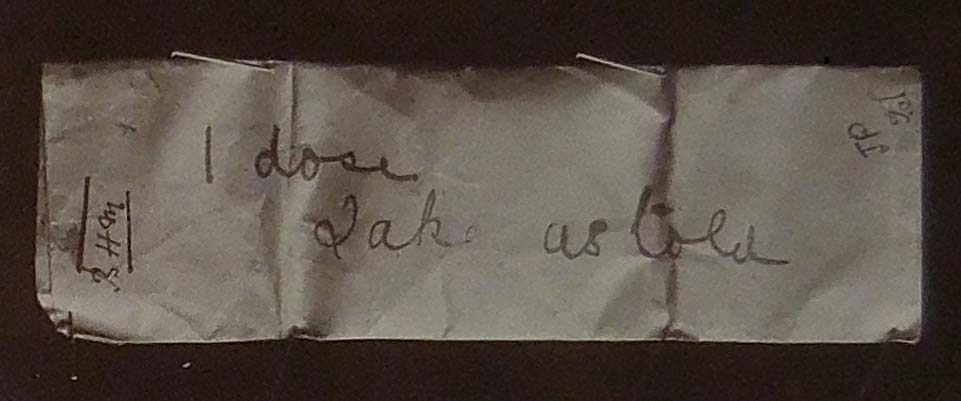

Age: 26
Sex: male
Crime: murder
Date Of Execution: 28 Jun 1898
Crime Location: East Street, St Neots
Execution Place: Cambridge Prison
Method: hanging
Executioner: unknown
Source: http://discovery.nationalarchives.co.uk
Walter Horsford was convicted of the murder of his 38-year-old cousin Annie Holmes with whom he had had connections and made pregnant.
Walter Horsford was a farmer at Spaldwick, Huntingdon and Annie Holmes lived in Stonely, Spaldwick with her three children.
After they found out that she was pregnant Annie Holmes asked Walter Horsford if she could help her get rid of the baby. Walter Horsford said that at first he didn't know what to do and was anxious that his wife who he married on 14 October 1897 didn't find out. However, he had bought a shilling worth of strychnine from the chemists on 28 December to poison rats and decided that the best way to get rid of the embarrassment of having had an illegitimate child would be to kill her and so he sent her some strychnine saying that it would bring about an abortion. He sent the strychnine by letter with instructions to take 'One dose. Take as told.' The empty label which was written in Walter Horsford's handwriting read, 'Take in a little water. Tis quite harmless. Will come over in a day or two'.

see National Archives - HO 144/273/A59699
see Hartlepool Northern Daily Mail - Thursday 30 June 1898
see Luton Times and Advertiser - Friday 01 July 1898
see Evening News (London) - Monday 06 June 1898
see Northern Guardian (Hartlepool) - Tuesday 28 June 1898
see Weekly Dispatch (London) - Sunday 05 June 1898
see Cambridge News
see Homicide 1898